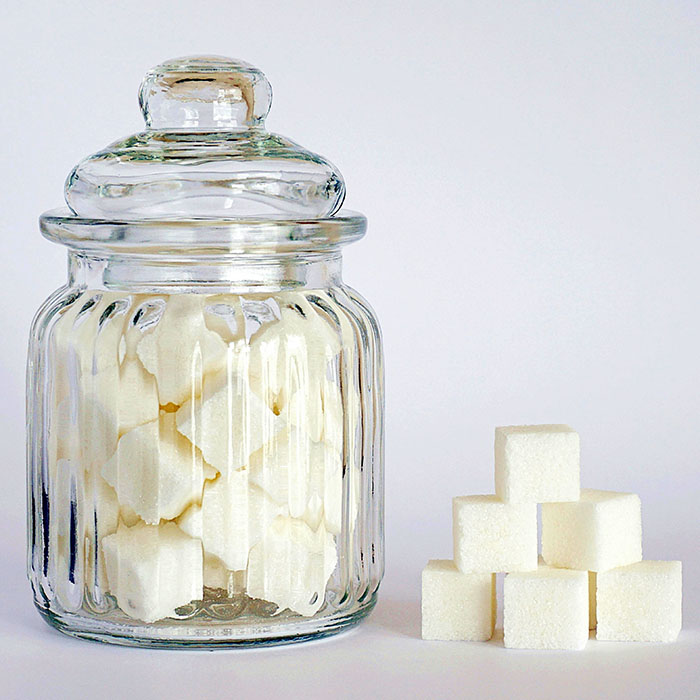THE GREATEST ENEMY of anyone in the dental profession, endodontists included, is sugar. Bacteria consume sugar and then excrete acid onto our teeth and gums, causing enamel erosion, tooth decay, and gum disease. If it isn’t stopped in time, it leads to a tooth infection that can only be treated with a root canal.
Hidden Sugars
It shouldn’t be so hard to cut down on sugar intake to protect our oral health, but sugar hides behind many other names on food labels. It’s always good to check the “added sugars” line in the nutritional facts, but also watch for words like “syrup,” fruit juice, and anything that ends with “–ose” (like fructose and glucose).
A Good Baseline
Avoiding sugar entirely is difficult, but hopefully the American Heart Association’s guidelines are within reach for everyone: no more than 25 grams (or six teaspoons) of daily sugar for women and 36 grams (or nine teaspoons) of daily sugar for men.
The Benefits of Reducing Sugar
Reducing overall sugar intake is great in many ways, but we can also help our oral health by limiting the sugar we do consume to mealtimes instead of eating sweet snacks throughout the day. Getting sugar in the form of whole fruit helps too, because the sugar is trapped in water and fiber and harder for our bodies to absorb. (That’s what makes processed sugars different from natural sugars.) We can also swap in sugar-free sweeteners like monk fruit, stevia, xylitol, and erythritol.







